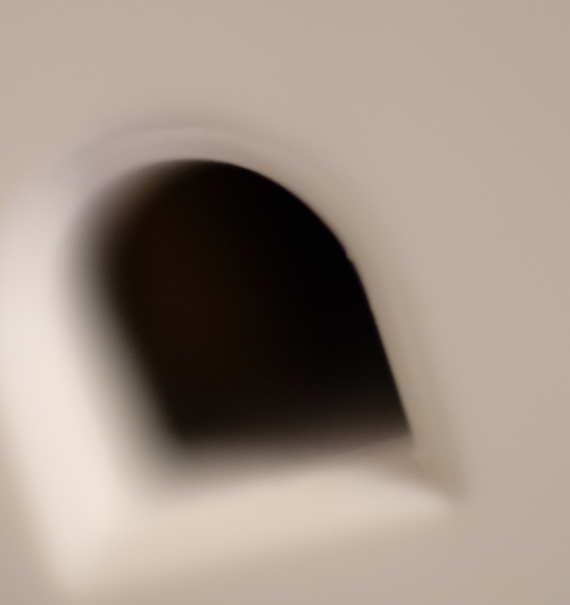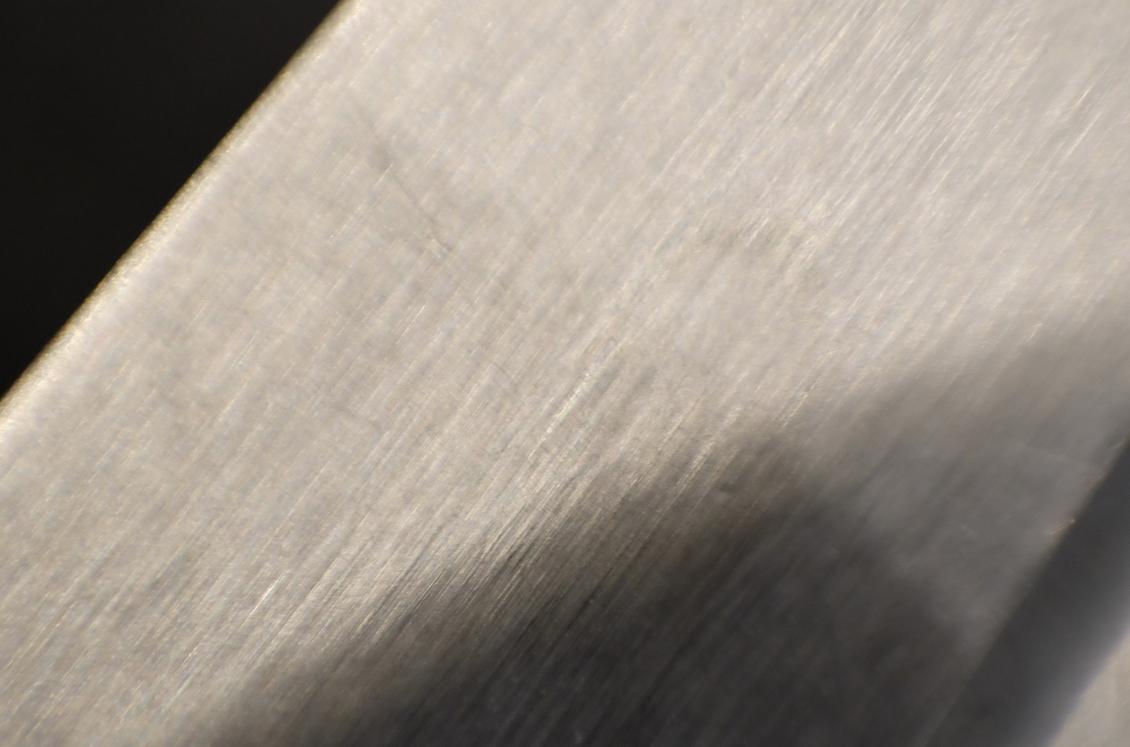Whenever you're freelensing (holding the lens against the camera, rather than securing mounting it), you do run the danger of getting stuff inside the camera body (including stray light), but as long as you watched out to make sure nothing comes in contact with the lens elements, you probably aren't damaging your lens. The main "issues" (or features, depending on your POV) with freelensing are the fact that you can introduce light leaks and that you can inadvertently shift or tilt the lens [see the Wikipedia view camera article section on movements]. Most folks, in fact, use freelensing because of these two things.
If you want to avoid them, however, I'd recommend looking into get a reverse mount ring (which has the bayonet mount on one side, and filter rings on the other) or a rig of some kind, which eliminates the gap between the body and the lens, and if it offers electronic communication may allow you control over the lens aperture and/or autofocus. Focusing is still primarily going to be done by adjusting camera distance from the subject, as with any of the so-called "poor man's macro" methods.
You can also reverse mount a lens onto the face of a mounted lens, using a simple male-to-male filter "coupling ring" (probably the cheapest method gear-wise).
The other methods include macro-converters (aka close-up filters) and extension-tubes.





